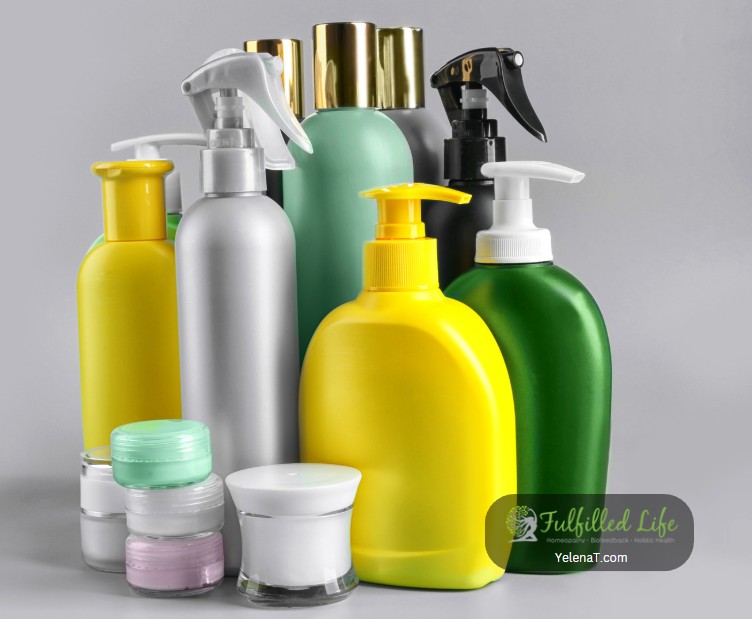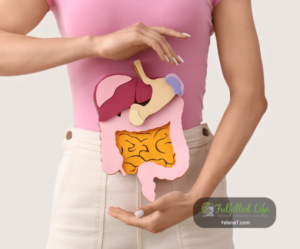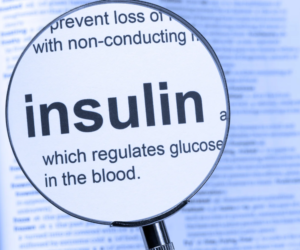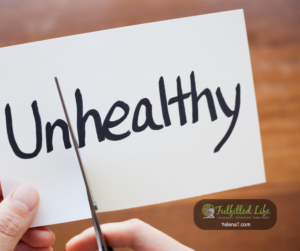Have you ever wondered about the invisible threats that might be affecting your health? It’s not just heavy metals and mold that could be causing issues; environmental toxins like Bisphenol A (BPA) are becoming increasingly recognized for their harmful effects. Testing for these toxins is essential for maintaining optimal health. But why is it so important, and what can you do to protect yourself?
What Is BPA and Why Should You Care?
Bisphenol A (BPA) is a chemical used in making plastics and resins. It’s commonly found in everyday items like water bottles, food can linings, and thermal paper receipts. Though BPA’s estrogen-like properties are relatively weak compared to actual estrogen, even low-level exposure can disrupt hormonal balance and lead to several health problems:
- Hormonal Disruption: BPA can mimic estrogen, potentially affecting reproductive health and leading to conditions like infertility and hormone-dependent tumors.
- Metabolic Issues: Exposure to BPA has been linked to obesity, diabetes, and metabolic syndrome.
- Cardiovascular and Liver Health: BPA may contribute to liver inflammation, cardiovascular diseases, and other chronic conditions.
The Importance of Testing for Environmental Toxins
While heavy metals and mold are well-known contaminants, it’s crucial to test for a broader range of environmental toxins, including BPA and other less obvious substances. Testing helps identify exposure levels and provides actionable insights for mitigating health risks. Here’s why comprehensive testing is essential:
- Identify Hidden Exposures: Testing can reveal exposure to toxins that might not be immediately obvious, such as those from everyday products or pollutants.
- Assess Total Toxic Burden: Understanding your body’s burden of various toxins helps in creating a targeted detoxification plan.
- Prevent Health Issues: Early detection of toxin exposure allows for proactive measures, reducing the risk of chronic diseases and improving overall health.
Less-Known Sources of Contaminants
Aside from obvious sources like plastic bottles and food cans, contaminants can be found in surprising places:
- Personal Care Products: Many shampoos, lotions, and cosmetics contain chemicals like parabens and phthalates that can disrupt endocrine function.
- Cleaning Supplies: Household cleaners often contain harmful chemicals that can contribute to toxin overload.
- Air Fresheners: These can emit volatile organic compounds (VOCs) that contribute to respiratory issues and other health problems.
- Furniture and Carpets: Flame retardants and other chemicals used in these items can off-gas into your living space.
- Non-Stick Cookware: Cookware with non-stick coatings can release harmful fumes when heated.
- Pesticides and Herbicides: Chemicals like glyphosates used in agriculture can remain on food and contribute to toxin exposure.
Symptoms of Toxin Overload
How do you know if you’re suffering from toxin overload? Here are some common symptoms:
- Chronic Fatigue: Feeling constantly tired despite adequate sleep.
- Digestive Issues: Symptoms like bloating, gas, or irregular bowel movements.
- Hormonal Imbalances: Irregular menstrual cycles, fertility issues, or symptoms of menopause.
- Skin Problems: Unexplained rashes, acne, or eczema.
- Cognitive Issues: Brain fog, memory problems, or difficulty concentrating.
- Mood Disorders: Anxiety, depression, or irritability.
Practical Steps to Reduce Toxin Exposure
Here are some actionable ways to minimize your exposure:
- Avoid Plastic Packaging: Minimize use of plastic containers and packaging. Opt for glass or stainless steel alternatives.
- Choose Natural Products: Select personal care items and cleaning supplies with fewer chemicals or those labeled as non-toxic.
- Ventilate Your Home: Ensure good airflow to reduce indoor air pollutants. Use air purifiers if necessary.
- Handle Receipts Carefully: Limit your contact with thermal paper receipts or use digital alternatives whenever possible.
- Be Mindful of Food Packaging: Avoid canned foods and use glass or stainless steel containers for food storage.
- Limit Use of Non-Stick Cookware: Opt for alternatives like stainless steel or cast iron.
- Be Aware of Pesticides: Wash fruits and vegetables thoroughly and consider buying organic to reduce exposure to glyphosates.
How I Can Help
As a Doctor of Holistic Health, I specialize in helping you navigate the complexities of environmental toxins and their impact on your well-being. Comprehensive testing not only identifies harmful substances but also provides a roadmap for improving your health. By addressing toxins proactively, we can work together to enhance your overall vitality and prevent chronic health issues.
Are you ready to take control of your health? I offer a complementary consultation to discuss your concerns, evaluate your exposure to environmental toxins, and develop a personalized plan to improve your health. Let’s address these hidden threats and create a healthier, more vibrant you.
Schedule your free consultation today to start your journey towards a healthier, toxin-free life. Together, we can take proactive steps to safeguard your well-being and ensure a healthier future.








